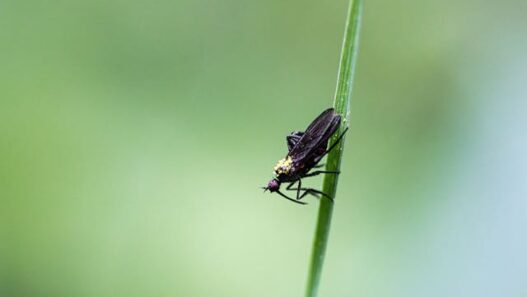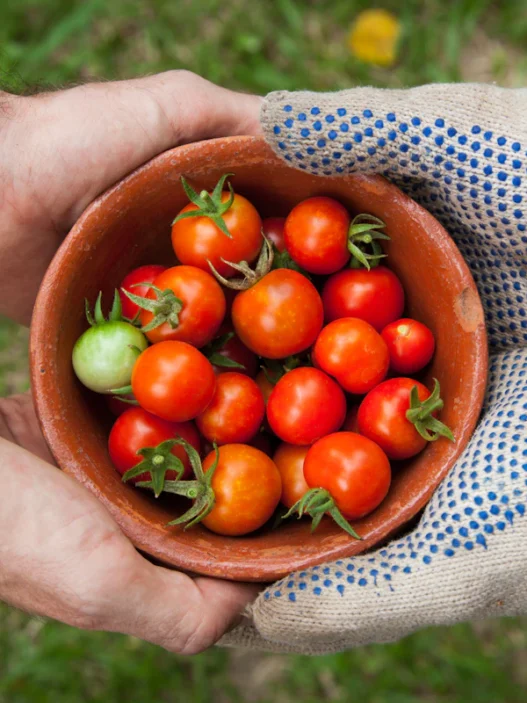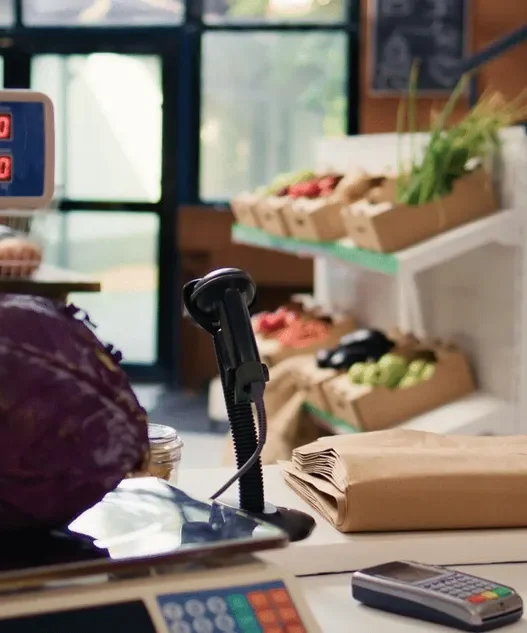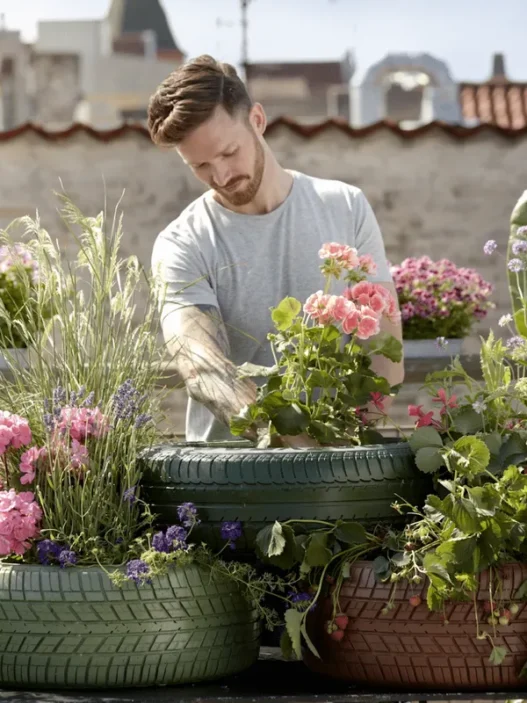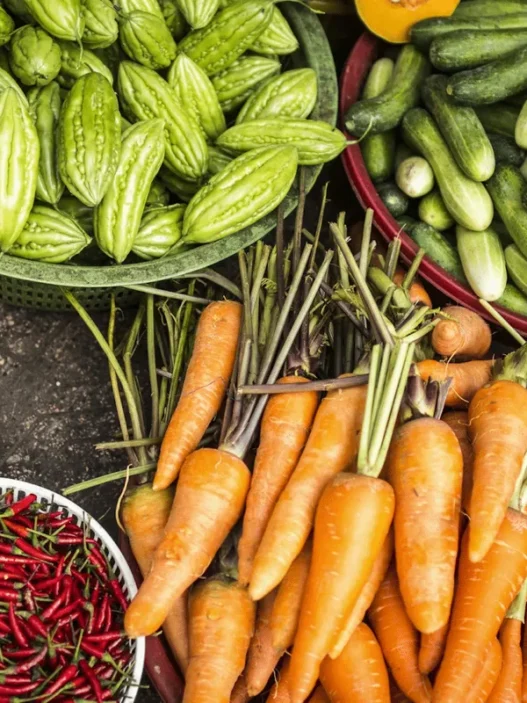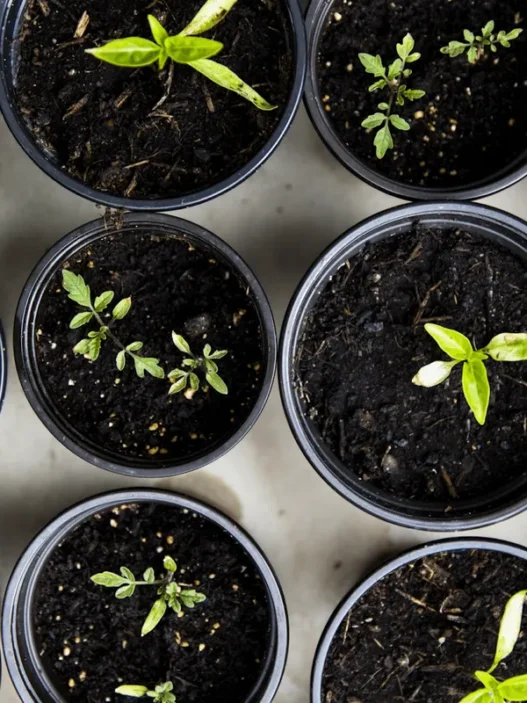Ever thought about how your city garden might be a planetary superhero? Let’s investigate the fantastic ways urban gardening promotes the future of our world and advances sustainability!
Reducing Carbon Footprint
Minimizing the distance food goes from farm to plate helps urban gardening greatly lower carbon footprints. Growing your fruits, herbs, and veggies locally reduces the need for transportation, so saving less gasoline consumed and less greenhouse gas emissions sent into the atmosphere.
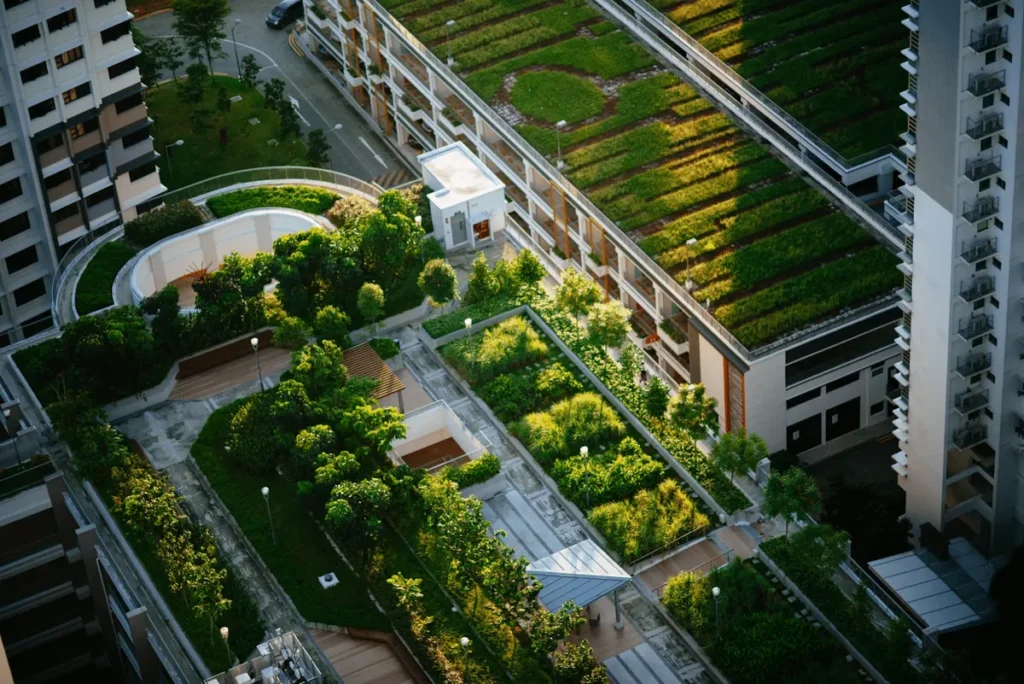
Imagine the difference if more of our food were produced right where it would be used!
Apart from lower carbon emissions, urban gardens help to decrease metropolitan heat islands. Using evapotranspiration, green areas absorb heat and release moisture, therefore lowering urban temperatures and hence lowering the energy required for cooling buildings during hot summer months.
Promoting Biodiversity
Every plant in your urban garden acts as a small ecosystem drawing important pollinators including birds, bees, and butterflies. Food production depends much on these pollinators, which enable plants to reproduce and supply fruits and vegetables.

Establishing different habitats with a range of plants helps not only to support local species but also guarantees a good balance in our cities.
Choose a range of flowering plants that bloom all through the seasons to draw in and assist pollinators. Particularly helpful are native plants since they fit the local temperature and offer food and cover for native pollinators.
Sustainable Resource Use
Urban gardening promotes environmentally friendly methods that cut resource use and trash generation.
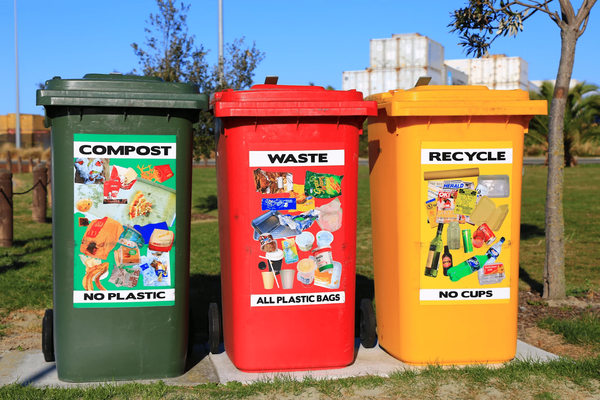
Closing the loop on organic waste, enriching the soil, and lowering the demand for artificial fertilizers, composting yard waste and kitchen trash helps to cut water use and lower runoff, choose water-efficient irrigation techniques such as soaker hoses and drip irrigation. Mulching around plants helps preserve soil moisture and inhibit weeds, therefore lowering the need for regular watering and weed control.
Reducing Food Miles
One of the most important advantages of urban gardening is lowering food miles—that is, the distance food travels from a farm to a consumer. Growing your food helps local farmers and lessens reliance on worldwide food supply systems, therefore eliminating the need for long-distance transportation and hence lowering carbon emissions.
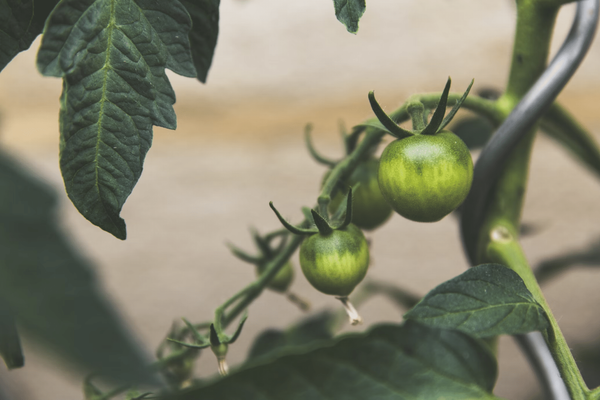
Fresh, more nutrient-dense vegetables straight from your garden to your table imply better taste and less transportation and preservation costs.
Organic Gardening Benefits
Often leaning toward organic methods, urban gardening avoids synthetic pesticides and fertilizers that can compromise soil quality or water purity. Natural organic gardening techniques support beneficial microbes and earthworms that naturally enhance soil structure and fertility, therefore fostering biodiversity in the ground.

Urban gardeners help to create better ecosystems both locally and internationally by selecting organic seeds and plants and implementing companion planting and natural pest management techniques.
Use cover cropping and crop rotation to preserve soil fertility and condition in your urban garden. Rotate crops yearly to stop nutrient loss and lower disease and pest development. Cover farming nitrogen-fixing crops like vetch and clover increases soil fertility and structure, hence lowering the demand for synthetic fertilizers.
Recycling Waste
The foundation of urban gardening, composting transforms organic waste into nutrient-dense soil additions. Urban gardeners cut trash sent to landfills by composting kitchen wastes, garden trimmings, and even cardboard and paper waste, therefore generating a sustainable supply of soil nutrients. Additional methods urban gardeners may employ to efficiently and sustainably recycle garbage are vermicomposting—using worms to break down organic material—and bokashi composting—fermenting organic waste.
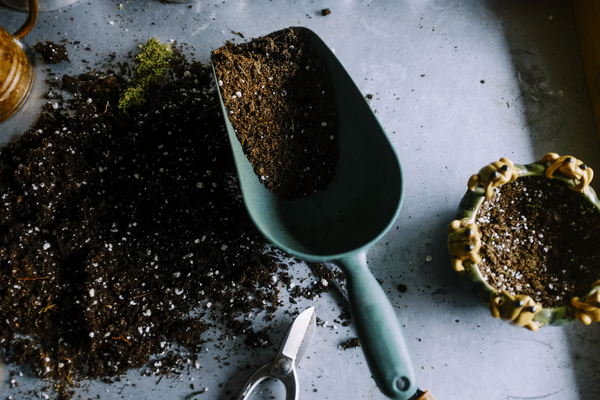
Use a combination of green (nitrogen-rich) and brown (carbon-rich) items such as fruit and vegetable wastes, coffee grinds, leaves, and newspaper to maximize the advantages of composting in your urban garden.
Supporting Pollinators
Supporting pollinators like bees and butterflies, which are vital for the reproduction of many plants including food crops, urban gardens are vital. Urban gardeners create important food sources and habitats for pollinators in metropolitan settings by including a range of blooming plants, herbs, and native species. By avoiding pesticides and designing pollinator-friendly gardens with varied plantings, one can help guarantee the health and resilience of these important species, therefore supporting efforts at biodiversity protection.
Plant a combination of native wildflowers including bee balm, lavender, and sunflowers that bloom all during the growing season to draw pollinators to your metropolitan garden. Leave bare areas of ground, create bee houses, or erect bamboo or hollow reed bee hotels to offer solitary bees somewhere to nest.
8. Soil Health Improvement
The basis of good gardening is good soil. Using composting, mulching, and cover cropping, urban gardeners enhance soil condition.

These techniques improve soil structure, boost water retention, and supply necessary nutrients for the development of plants. Supporting long-term garden output and sustainability, crop rotation, and companion planting are also successful strategies helping to prevent soil depletion and nutrient imbalance.
Water Conservation
In metropolitan settings where water supplies are sometimes restricted, water-efficient gardening techniques are vital. Choosing drought-tolerant plant species, mulching, and drip watering all help to save water and lower runoff. By gathering and storing rainwater for use in gardens, rainwater collecting systems help to further lessen dependency on municipal water sources. Urban gardeners can preserve good gardens and reduce their environmental impact by optimizing water efficiency and cutting waste.
Group plants with similar water needs together and water deeply but seldom to promote deep root development and help conserve water in your urban garden. Install a rain barrel or cistern to gather rainfall from your roof for irrigation, therefore lessening your dependence on treated water and hence your water cost. In hot, dry conditions, mulch around plants to preserve soil moisture, control weeds, and lower soil temperature, therefore lessening the need for regular watering.
Climate Change Mitigation
Urban gardens improve air quality, lower urban heat islands, and sequester carbon dioxide, thereby helping to slow down global warming. Through photosynthesis, plants capture carbon dioxide, reducing greenhouse gas emissions. Using shade and evapotranspiration, green spaces in urban environments lower temperatures, therefore cooling the surrounding regions and lowering the air conditioning energy demand. Urban gardens offer strong ecosystems able to respond to the effects of climate change by improving biodiversity and building natural habitats.
Plant a combination of trees, shrubs, and perennial plants that offer shade, help to improve air quality, and draw wildlife to maximize the climate advantages of your urban garden. Select native plant types that demand less water and maintenance and are suited for your particular soil type and temperature. Establish living walls and green roofs to insulate buildings, lower energy consumption, and help to enhance urban air quality.
Conclusion
Ready to join the urban gardening revolution? Every green area counts, whether you’re tending to communal gardens, transforming rooftops into vegetable gardens, or plants on your balcony. One garden at a time, let us help to create a sustainable future.



